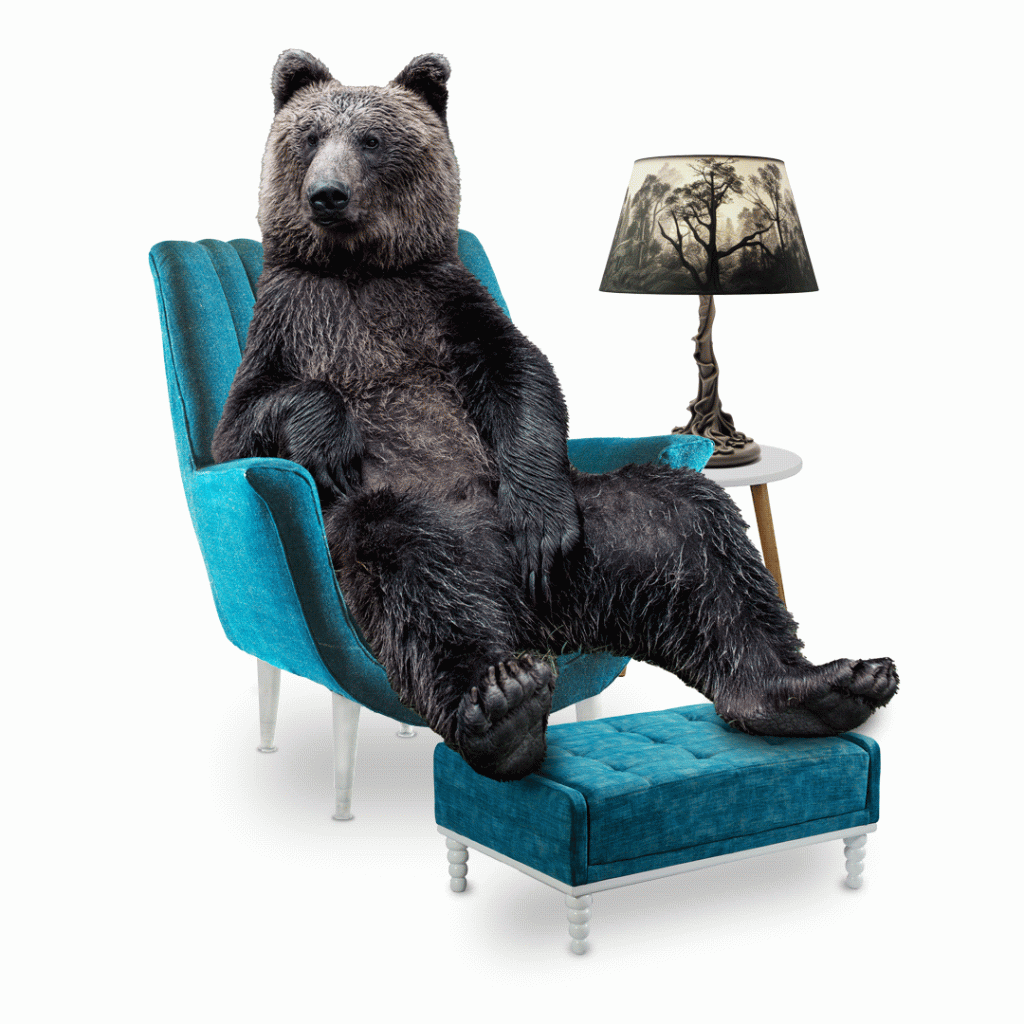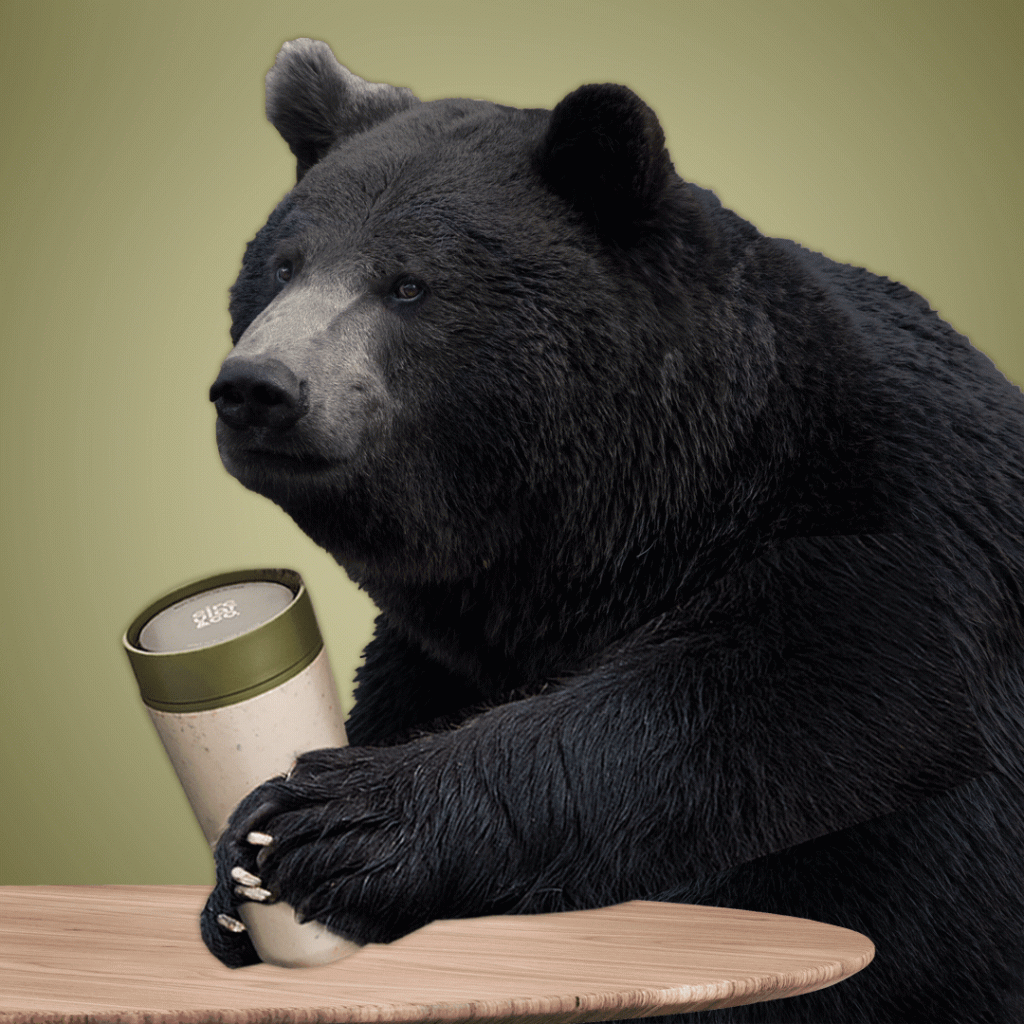


Is performance still performing?
The performance marketing landscape is changing. Fast. For the first time in two decades Google has seen a drop in search activity, with January 2025 marking the fourth consecutive month its market share sat below 90%. Of course they still have a monopoly, but there’s no denying this is a significant shift as new ways …
Allow us to lend a paw
Of course we’ve had a read of ‘How Are Marketers Doing?’, the recent report from the team at The Marketing Meetup on the collective feelings of the industry and it’s certainly a mixed bag – pressured, excited, but undeniably drained. It’s a thoughtful, well-crafted report and it goes without saying, a huge credit to the …
An Intelligent Environment, or Artificial Commitments?
The world is competing in two races. One to halt the devastating effects of climate change. One for AI glory. The rise of coverage and subsequent interest in these topics has been meteoric. But how can they work together, and in 2025 what impact might this have on our industry and the wider world. Let’s …The Social Saga Part One
On Friday 13th I watched something truly horrifying. Remember that scene in Scream? Well Channel 4’s ‘Swiped’ just took scary-phone-time to a whole new level. The show sees a class of year 8’s give up smart devices for three weeks, and is littered with spine-chilling facts about phone usage and the types of content not …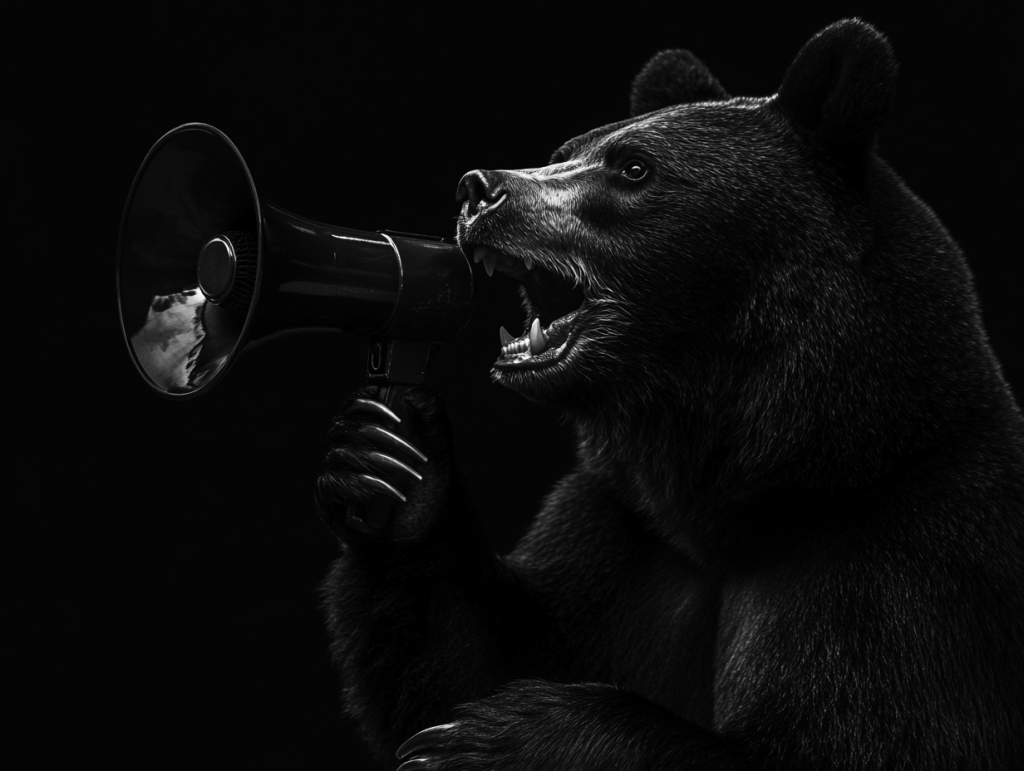
Bears Broadcast
Our two creative partners both took to the online airwaves recently to talk to the world about very different subjects. First up, Rich was invited onto a panel discussion about the power of having a distinct tone of voice with the GO! Network – you can view his thoughts here: https://vimeo.com/1031905671 And a few weeks …
A quick word on the safe word
”So to summarise… we want something new and challenging. Something that pushes the boundaries. Something that will achieve our goals, and win awards. Oh, but don’t forget the safe options.” Ug. ‘Safe’. An option that wears high vis to eat vanilla ice cream while it toes the line in sensible shoes. You’ll more often than …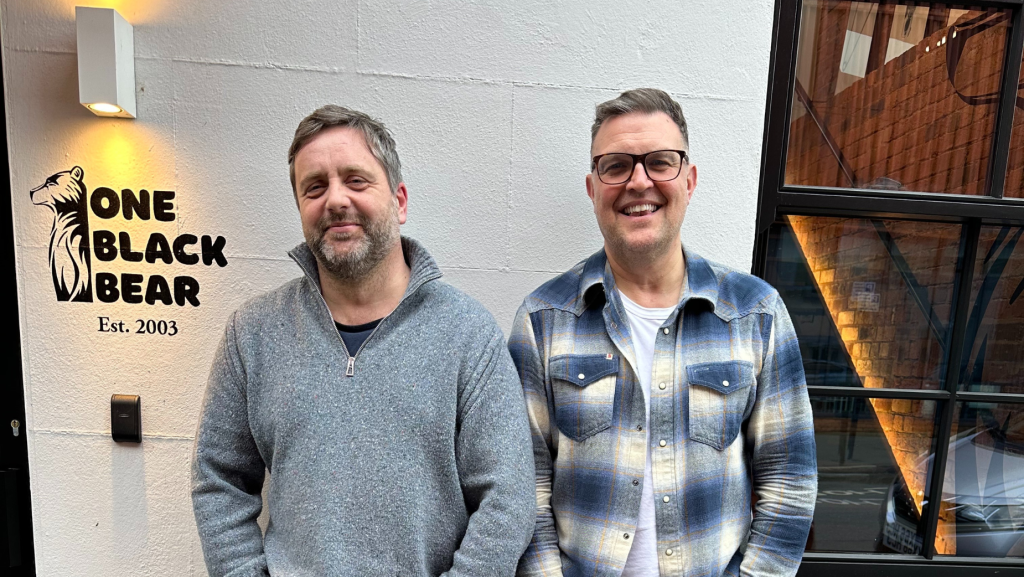
Bossing It: Richard Elwell and Jon Harrison Were Raised by Wolves.
The self-taught founders and creative directors of One Black Bear on the importance of resilience in their journey to leadership.Bossing It: Richard Elwell and Jon Harrison Were Raised by Wolves. +
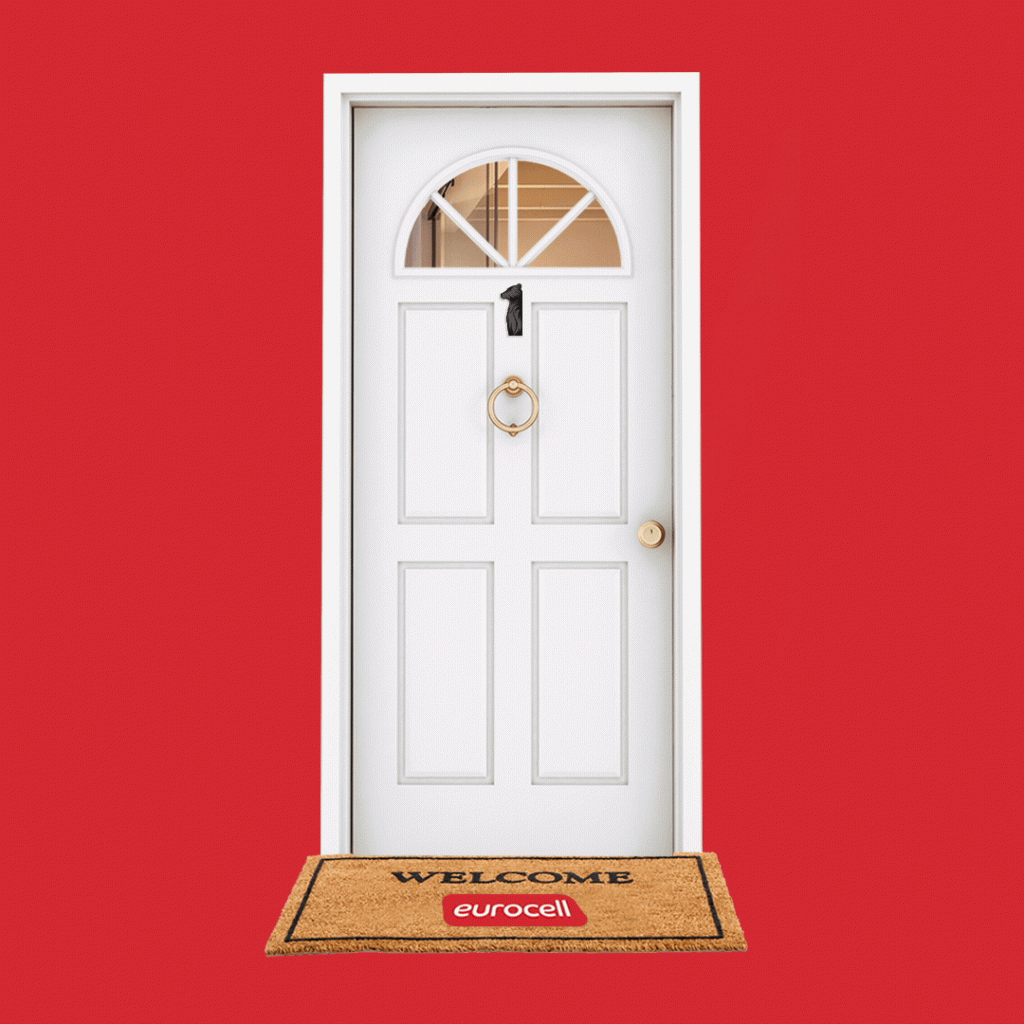
Say hello to Eurocell
Knock, knock. Who's there? New win. New win who? New win-dows, doors, garden rooms, guttering, decking...
Are you tech’in the p*ss?
Enough of the artificial already. Get real.